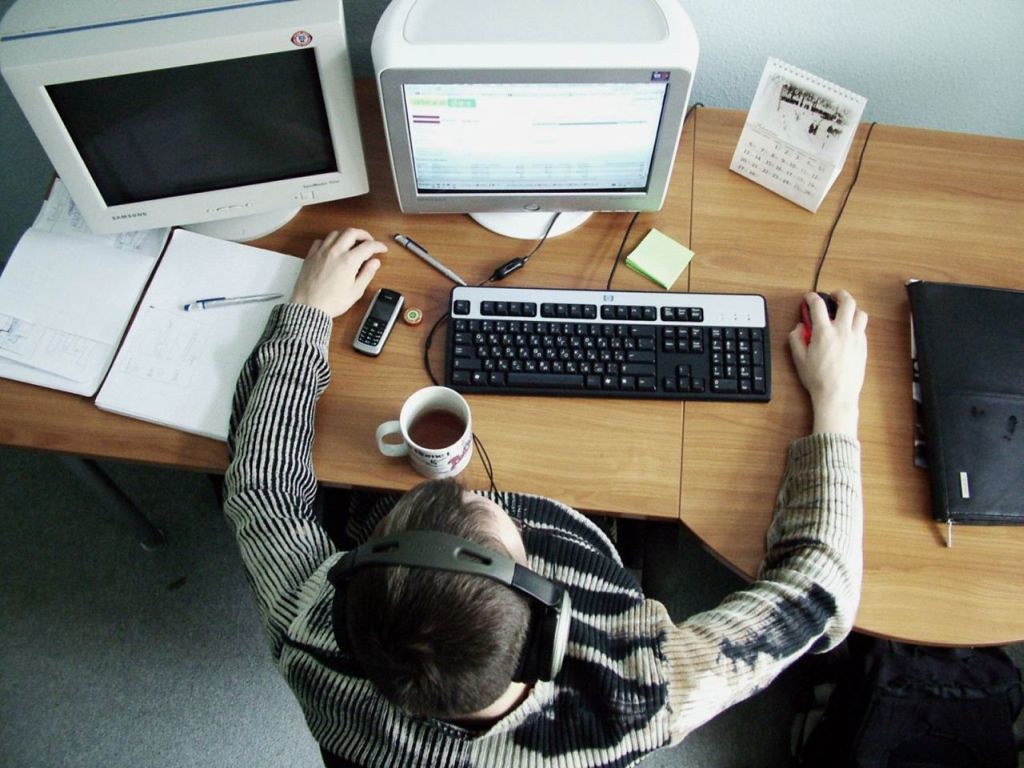Call for Action on Workplace Mental Health
A few years back I was in a bar in Central London, where many of the City’s business owners, investment bankers and corporate lawyers gather in the evenings. Being a psychologist, I was clearly an outlier. When asked about my profession, I spoke about how I worked in the field of global mental health research, and said that I was especially interested in creating mentally healthy workplaces. Many of the business owners present that night listened to me, to this curious outlier to the business world, to then go on and say that because they paid their employees really well, there was nothing to worry about in relation to their well-being.
Just a few years down the line COVID-19 hit our communities. The pandemic meant led to a transformation in how workplace mental health is looked at: we all got to have a first-hand experience of how being well-paid is hardly enough to ensure good mental health. Lockdowns and social distancing measures worldwide brought about immediate social and economic consequences, including a severe impact on employee well-being. The most common mental health-related symptoms reported across cultures and countries during lockdown included mood swings, disturbed eating and sleeping patterns, high levels of stress and anxiety, depressive symptoms, lacking motivation, just to mention a few.
Workplace mental health has always been important. However, the last year brought attention to it in an extreme, paradigm-shifting way. Common mental health problems in the workplace lead to high staff turnover, absenteeism, presenteeism and its associated costs. Deloitte found that poor employee mental health has an annual cost of around £42 billion just in the UK. World Health Organization called for immediate action on mental health, with special attention to workplaces. The Lancet suggested that workplace mental health-related investments yield on average £9.98 for every £1 spent. Mood tracking apps and remote mental health services have sprung up and those in academia have just started analysing the longer term effectiveness of such services. With offices slowly re-opening new questions arose: what’s the future of remote work? How to implement a flexible working system? How to support employee well-being on the long run?
As stakeholders worldwide take measures to implement long-term solutions for mentally healthy workplaces, it is high time that communities like Horasis take action too. We therefore aim to launch a Workplace Well-being Roundtable within Horasis’ remits. Being a roundtable, this initiative will bring together Horasis members from diverse backgrounds with the aim of turning mental health into a core business value. Roundtable participants will come together on a regular basis. They will share experiences with supporting employee mental health and advocate for good mental health in the workplace.
This article was authored by Zsofia Szlamka, Founder and CEO, AMKA Counselling




